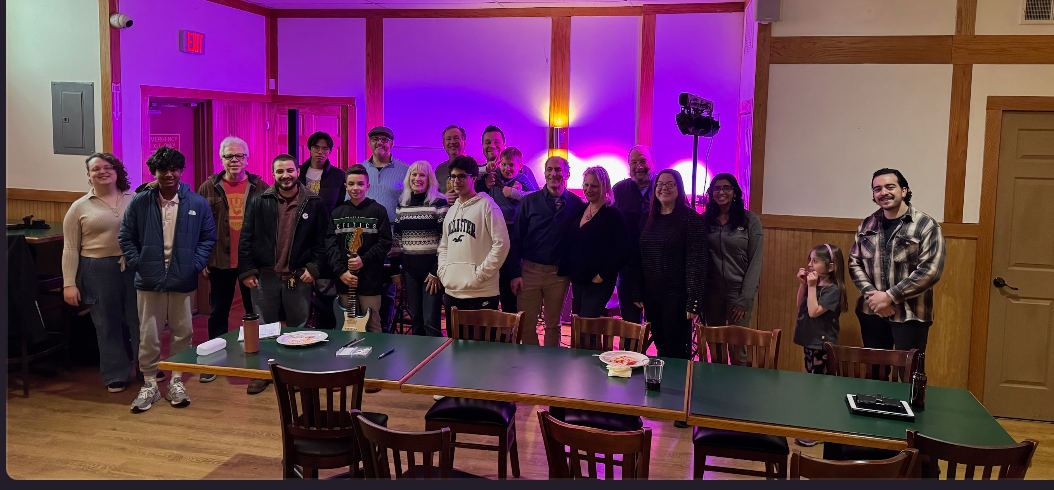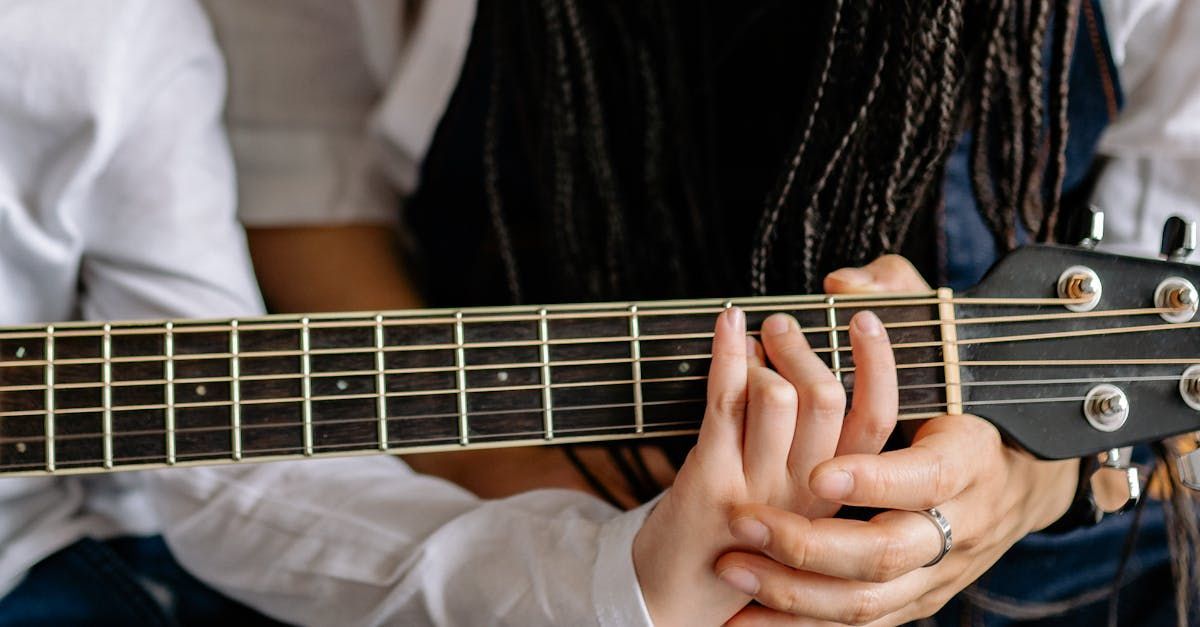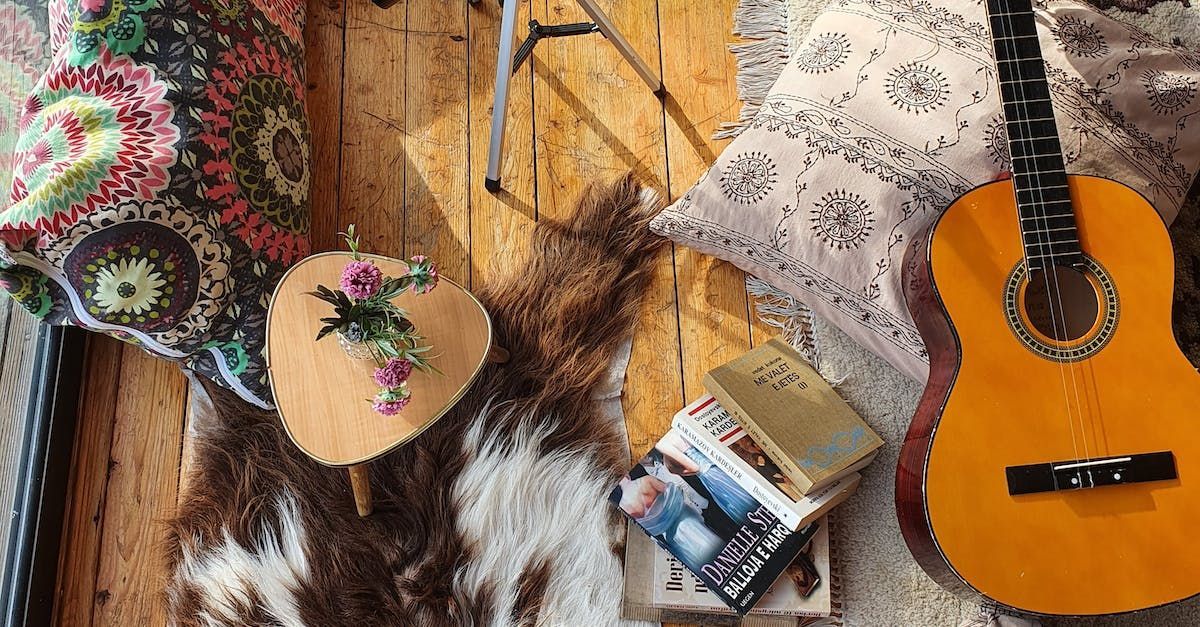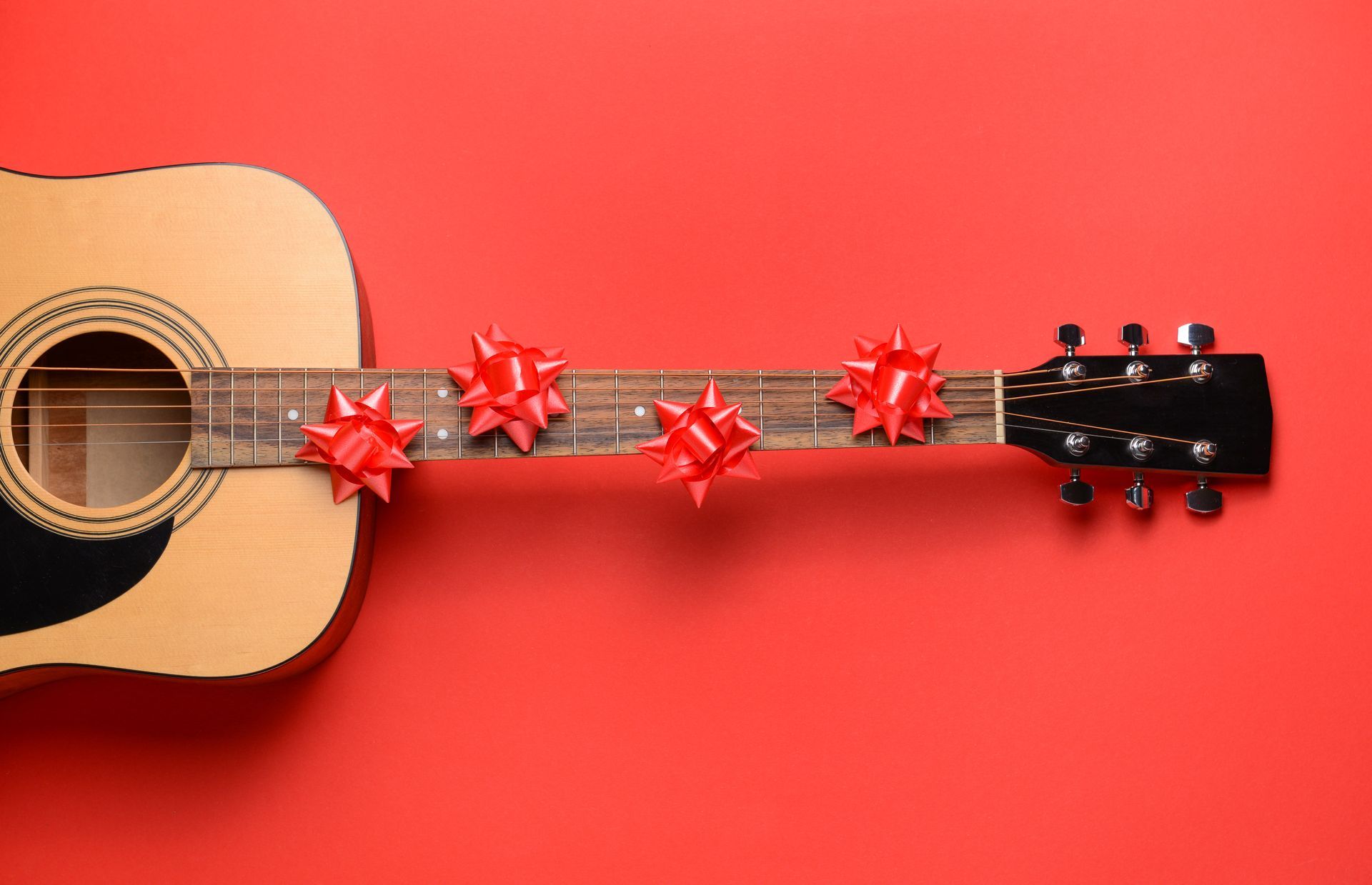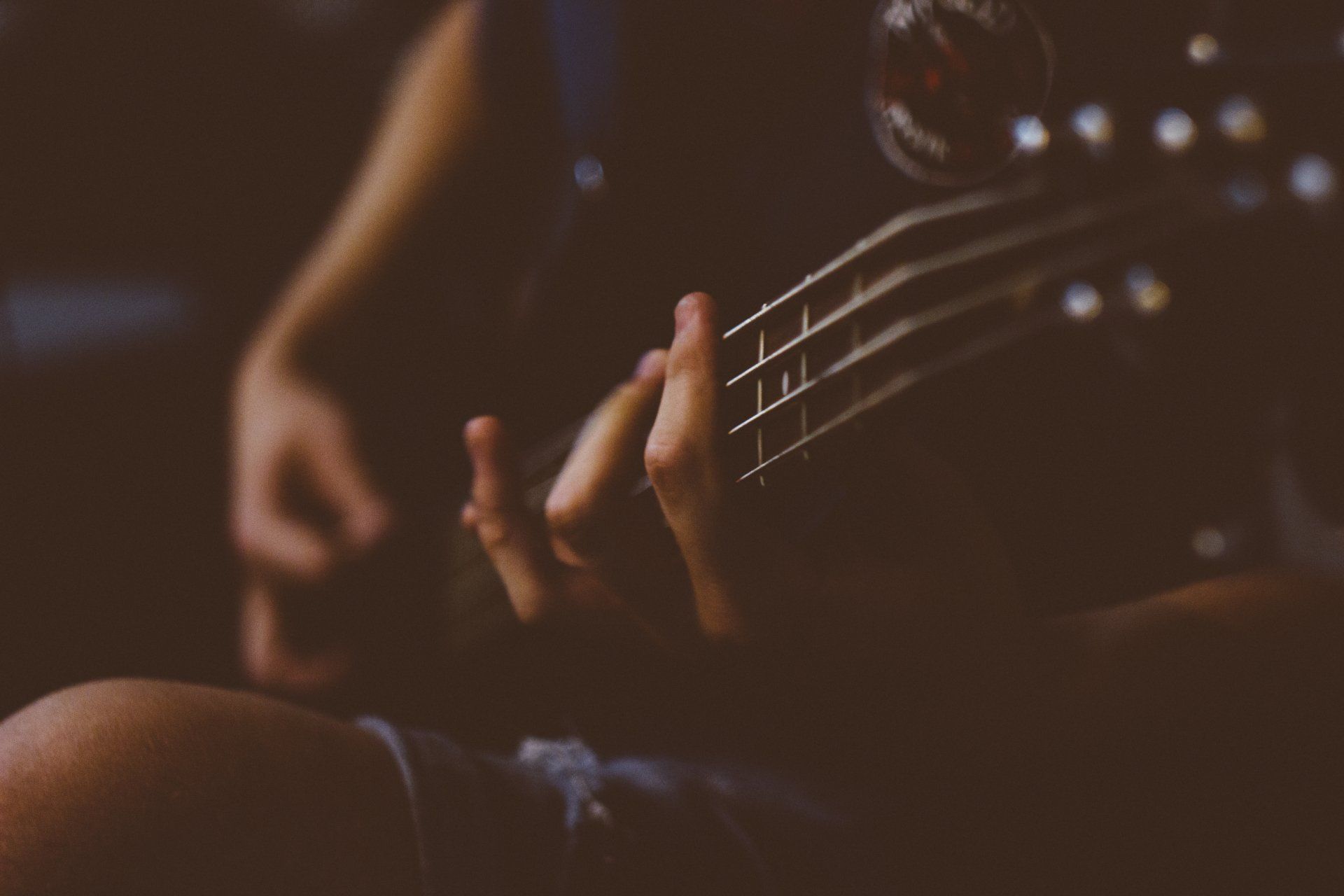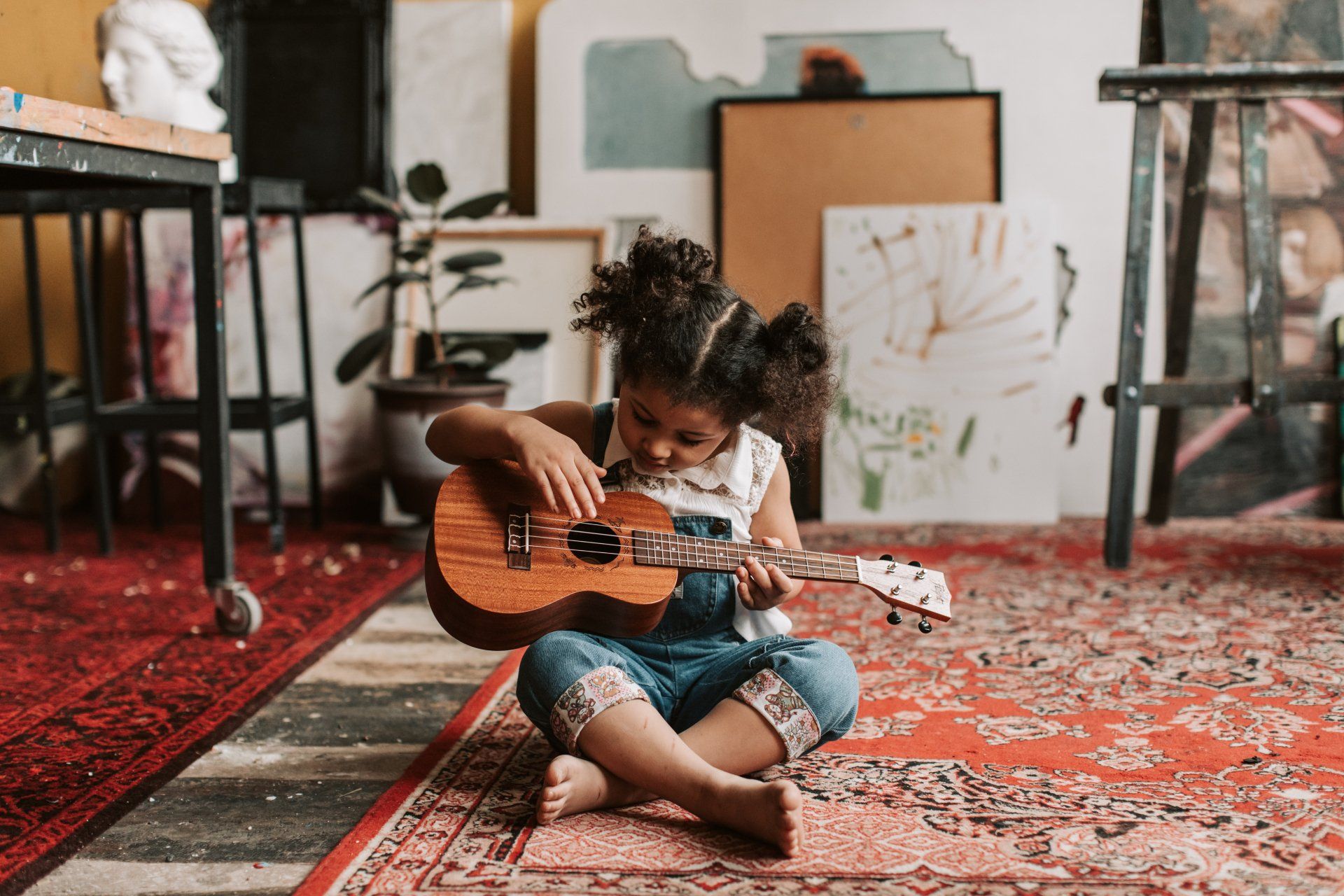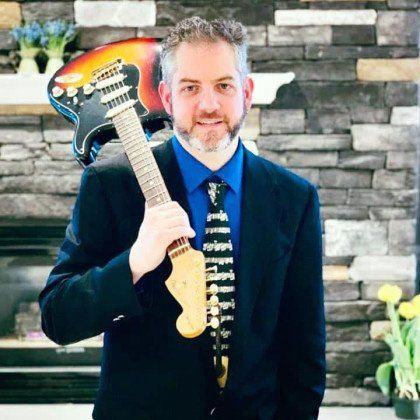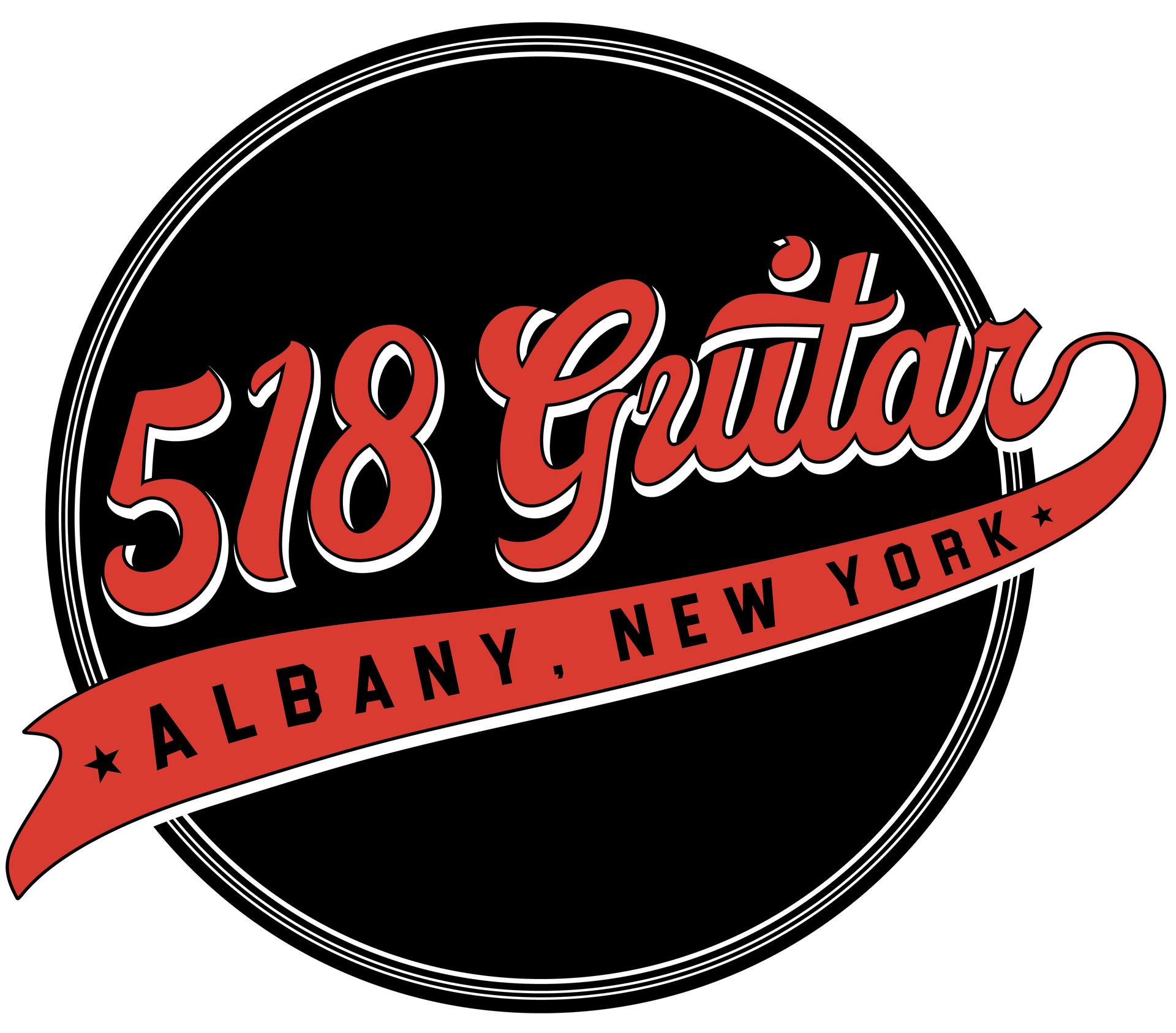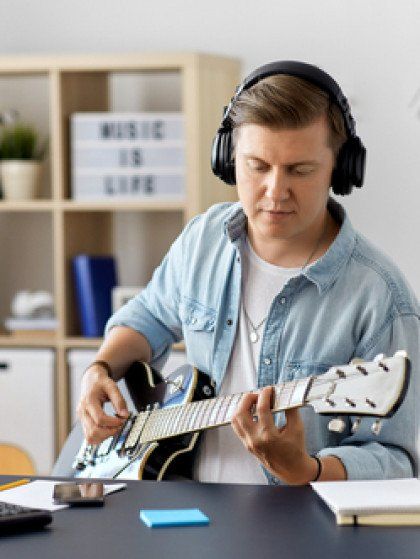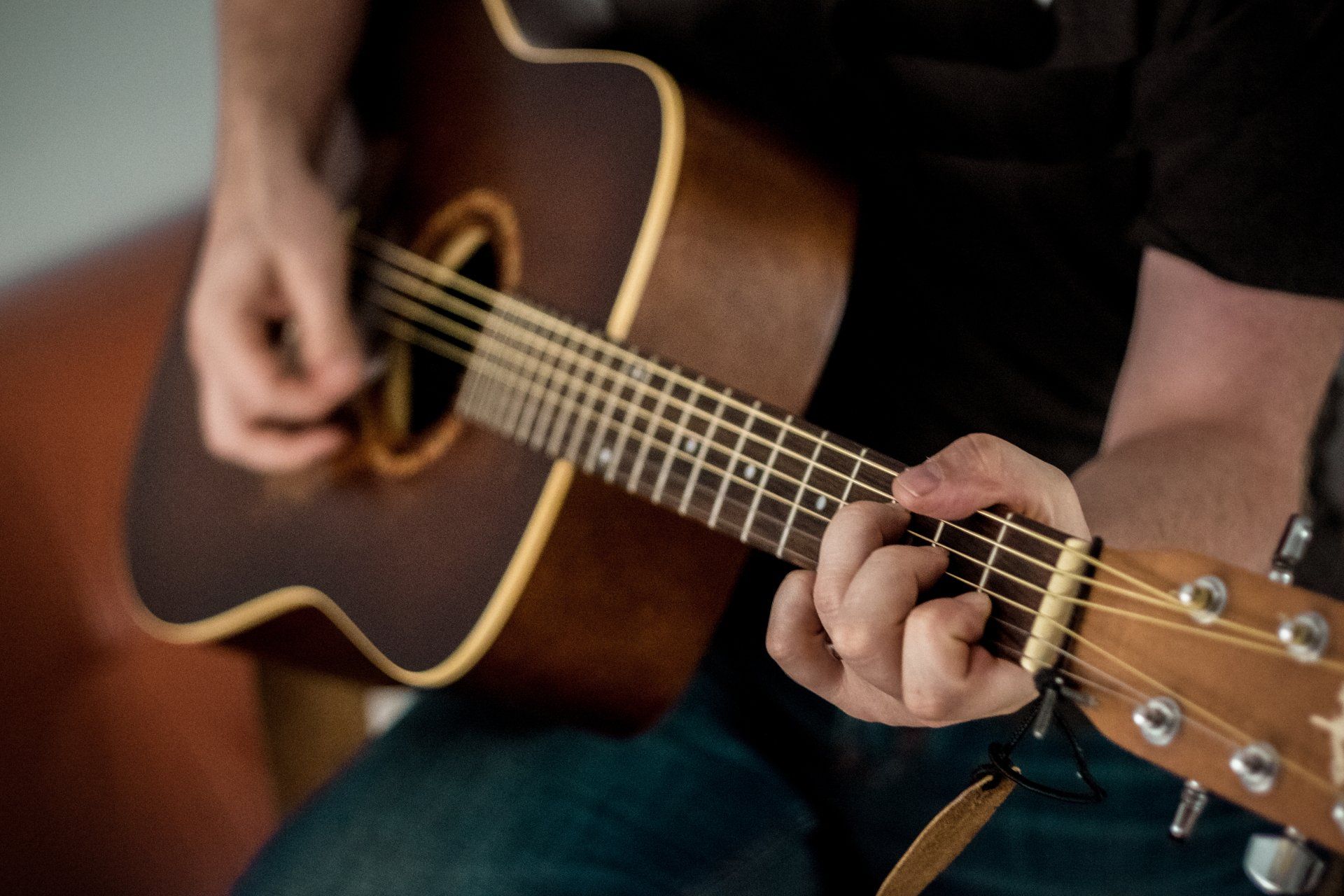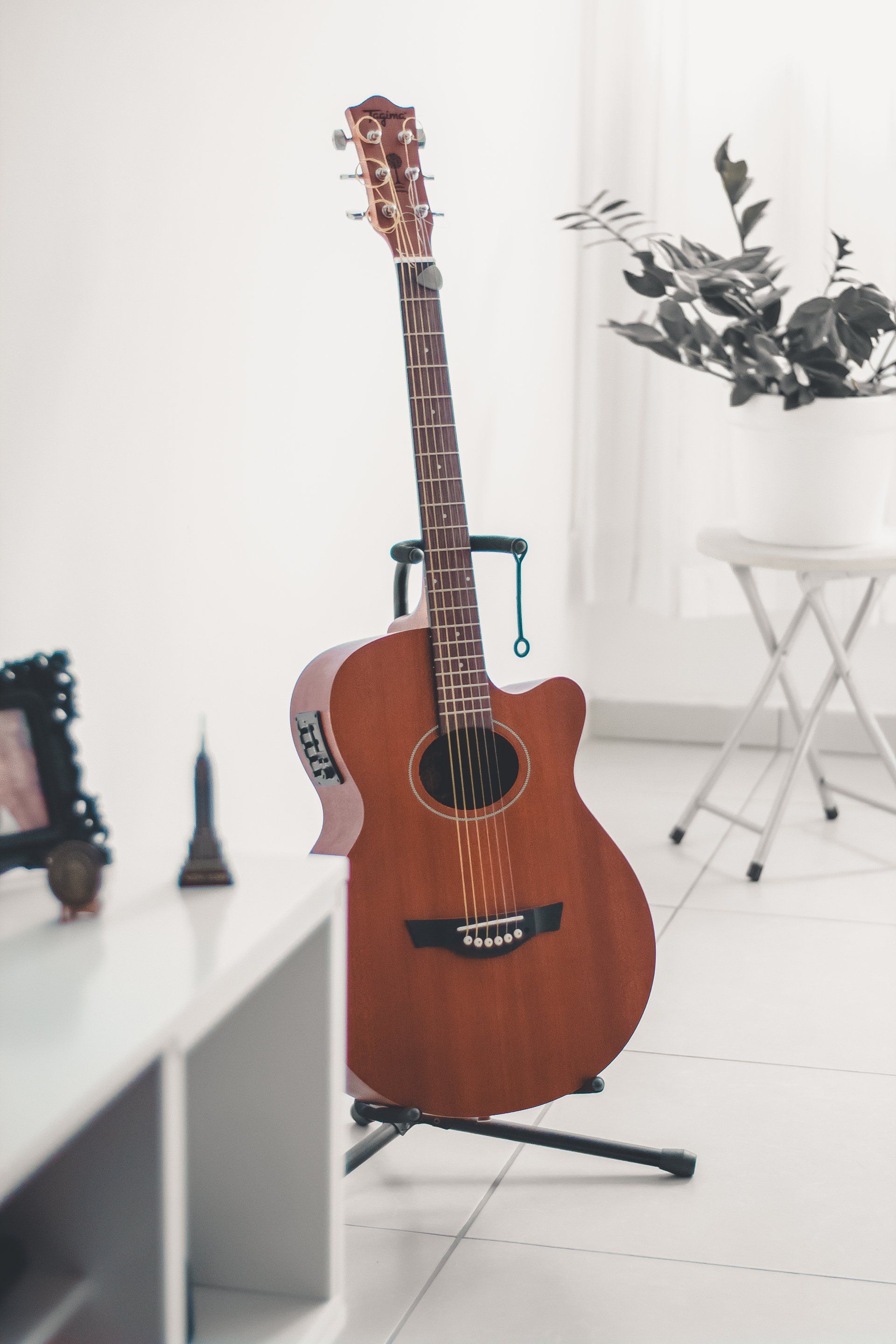The FOCUS Method
What makes some guitar players better than others? It's not that they're born with better genes, nor that they have more free time to practice. In fact, what separates the best guitar players from the rest of us is simply their ability to focus their practice on areas of their playing where they need the most improvement. A good guitarist who wants to become great focuses their practice on improving key elements of technique, ear training, and improvisation. Once you learn how to focus your practice in this way, it won't take you very long before you're an amazing guitar player too!
Without further ado, let me introduce the FOCUS method! After having taught over 10,000 individual one-on-one lessons in my career, FOCUS has worked repeatedly to bring my students happiness and success on the guitar. Simply apply it to your own journey.
FOCUS
· Filter
· One
· Core
· Useful
· Song
Filter
Don't allow yourself to be overtaken by the hundreds of thousands (if not more) guitar learning videos online. Give yourself 1 week maximum to find a few online websites or sources you like based on your top learning priorities - even raw beginner - and after that 1 week - no more shopping! Only doing! Filter resources down to the top 5 teachers/systems, etc. Choose ONE teacher/video series to start (or, take private lessons). Procrastination ends after the 1 week.
One
What is the One skill you are focusing on? Choose. Do you want to learn some new chords? Do you want a good warmup routine? Do you want to strengthen your strumming? Do not overcommit. Choose your primary skill and get to work.
Core
Write a short practice schedule of 30 minutes' time that contains your Core elements. This is your personal recipe for success, based on your goal. For example, if you want to get better at strumming, this is different than achieving smooth chord changes. These are separate (yet connected) skills. Just because you can strum a rhythm doesn't mean you can move chords quickly. So, what is the core of your practice schedule? For now, you should have 3 items - 4 maximum.
1. Stretching/Warmup exercise
2. Core Skill 1 item/exercise
3. Core Skill 1 item #2/exercise #2
4. (Maybe) a song example to at least listen to, and maybe practice, as you become more experienced.
Useful
This may be the most important element of success. Why would you be learning your One skill if it's not Useful? We all know that mindlessly practicing scales does nothing but waste time. There IS a way to practice effectively for maximum results in minimum time. This is about practical application in the real music world. If you can't find a practical application - stop. Choose a different skill to focus on. Talk to friends, mentors, musicians and teachers for help.
Song
Ah, yes! The thing we all get anxiety about! Getting our technical proficiency up to speed enough to play a song. What good is all this if you can't play a Song? Even a simple one, from start to finish? From your first couple chord strums to advanced improvisation and composition - we must put it in context of a song. What good would it be to learn words and vocabulary if you can't form a sentence? Pick a song to explore, even if you can't play it yet. Just listen and find a tutorial on Vimeo or YouTube about the song's chord progression. Don't go buy a song book of 50 or 100 songs. Remember - Focus.
As always, I'm here to help. Hit my contact page and drop me a note if you have any specific questions. And remember - don't give up! Let me know about the FOCUS method. Is it working for you? If not, why? If so, what does your success look like?
